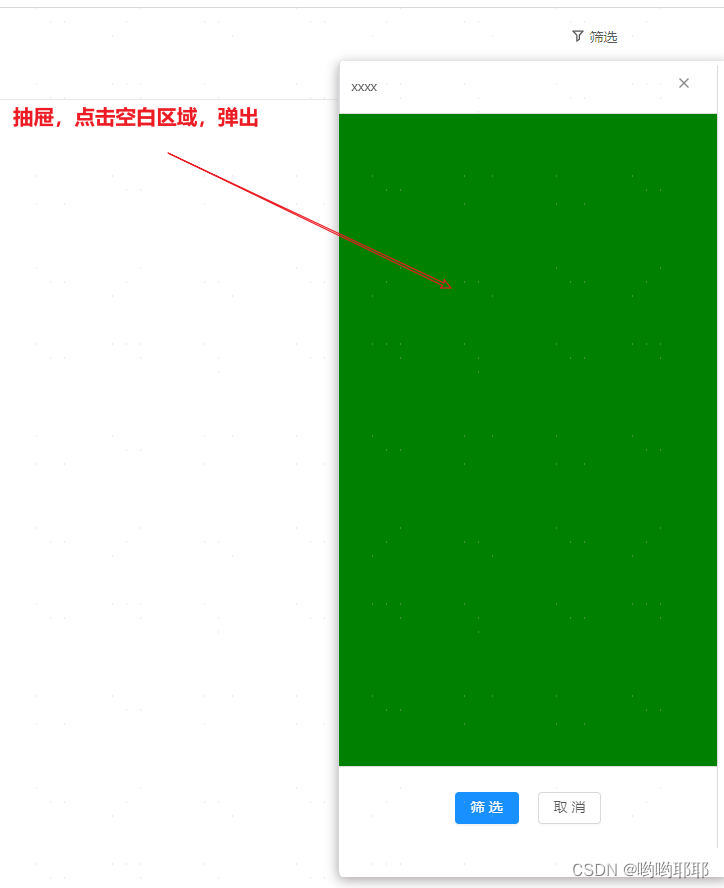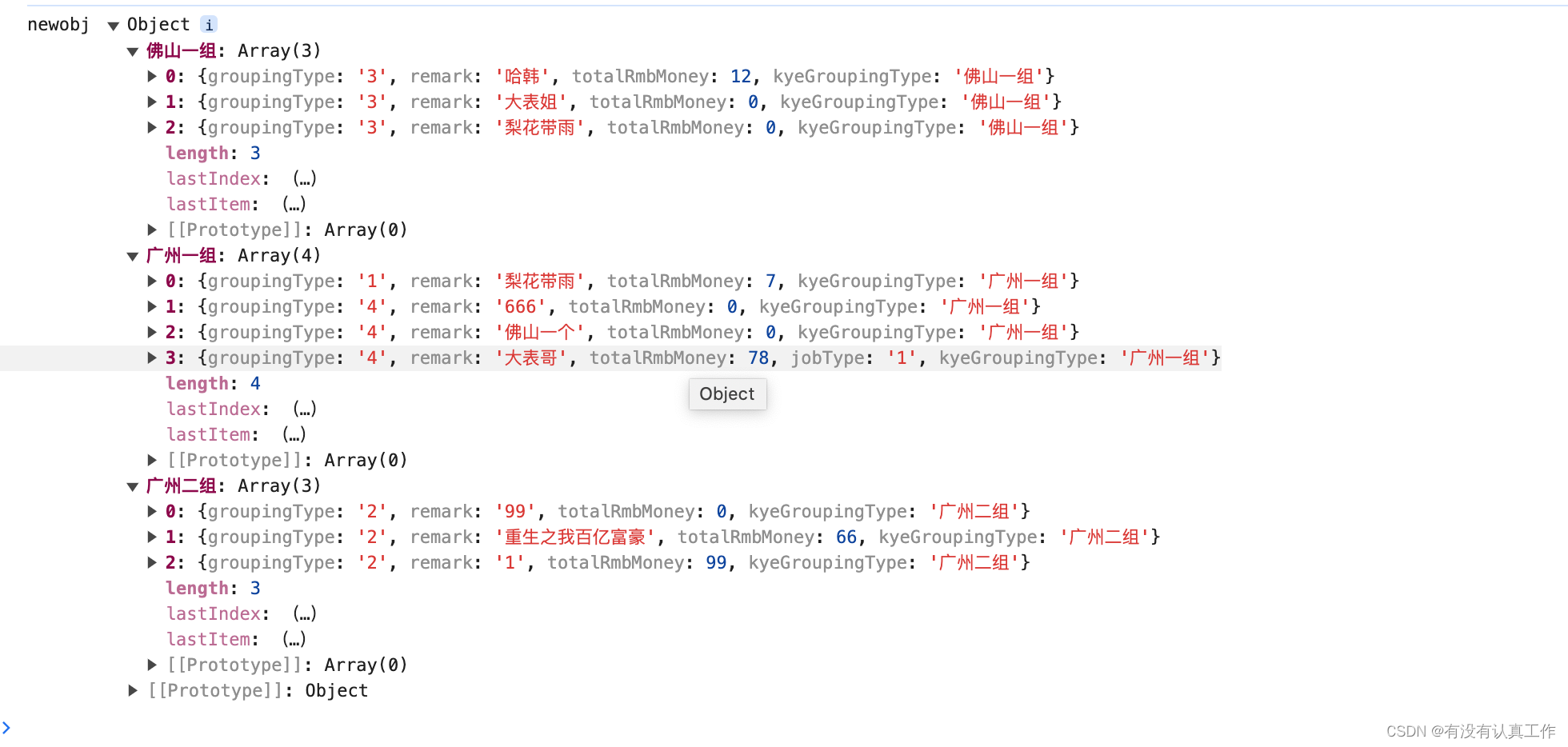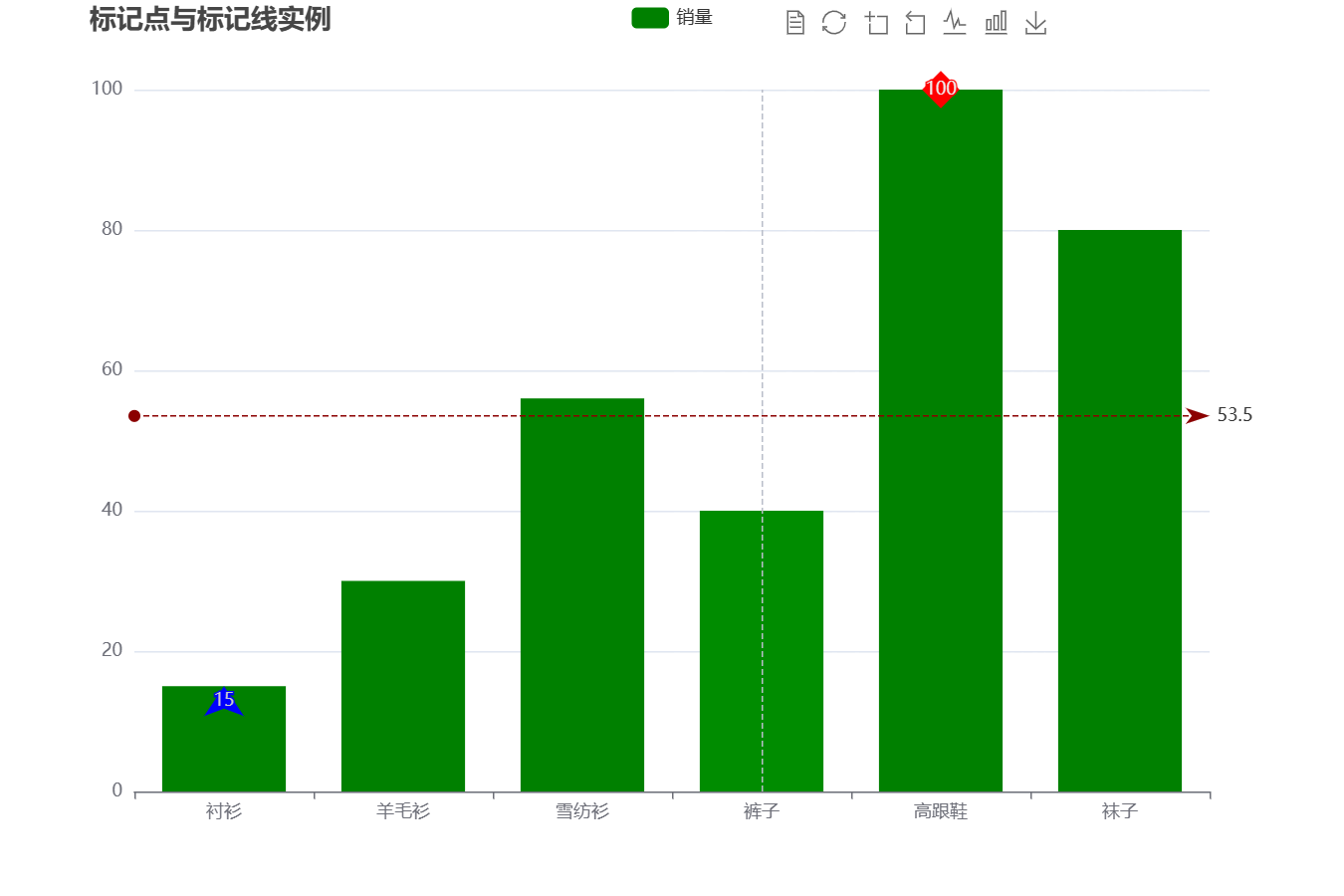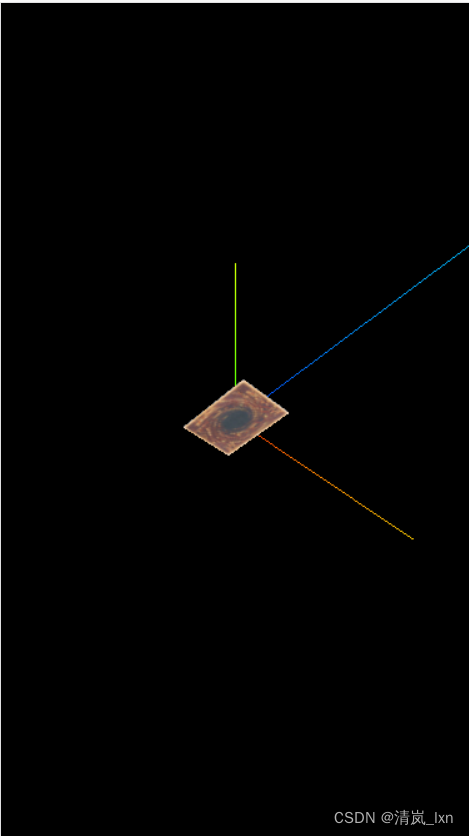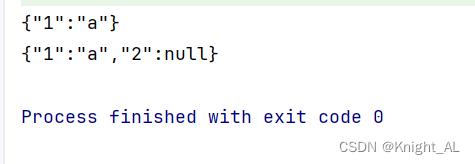本文介绍MD5源码(C语言描述)。
MD5(Message-Digest Algorithm 5),即消息摘要算法5,是一种被广泛使用的消息散列算法。散列算法的基础原理是:将数据(如一段文字)经过运算转换为一段固定长度(16/32)的值。主要用于数据防篡改。
1.源码
1)头文件
头文件(MD5.h)主要包括MD5外部函数声明。头文件定义如下。
#ifndef MD5_H
#define MD5_H#include <stdio.h>
#include <stdint.h>extern void MD5_String(char *input, uint8_t *result);
extern void MD5_Data(uint8_t *input, uint32_t length, uint8_t *result);
extern void MD5_File(FILE *file, uint8_t *result);#endif
其中,
a)MD5_String():用于计算字符串的MD5值。
b)MD5_Data():用于计算数据的MD5值。
c)MD5_File():用于计算文件的MD5值。
d)result的结果是1个16字节长度(按16进制表示则为32位长度)的数组。
2)源文件
源文件(MD5. c)主要包括MD5相关外部函数定义。源文件定义如下。
#include "MD5.h"
#include <string.h>
#include <stdlib.h>/** Constants defined by the MD5 algorithm*/
#define A (0x67452301)
#define B (0xefcdab89)
#define C (0x98badcfe)
#define D (0x10325476)/** Bit-manipulation functions defined by the MD5 algorithm*/
#define F(X, Y, Z) ((X & Y) | (~X & Z))
#define G(X, Y, Z) ((X & Z) | (Y & ~Z))
#define H(X, Y, Z) (X ^ Y ^ Z)
#define I(X, Y, Z) (Y ^ (X | ~Z))typedef struct _MD5_CONTEXT
{uint64_t size; // Size of input in bytesuint32_t buffer[4]; // Current accumulation of hashuint8_t input[64]; // Input to be used in the next stepuint8_t digest[16]; // Result of algorithm
}MD5_CONTEXT;static const uint32_t S[] =
{7, 12, 17, 22, 7, 12, 17, 22, 7, 12, 17, 22, 7, 12, 17, 22,5, 9, 14, 20, 5, 9, 14, 20, 5, 9, 14, 20, 5, 9, 14, 20,4, 11, 16, 23, 4, 11, 16, 23, 4, 11, 16, 23, 4, 11, 16, 23,6, 10, 15, 21, 6, 10, 15, 21, 6, 10, 15, 21, 6, 10, 15, 21
};static const uint32_t K[] =
{0xd76aa478, 0xe8c7b756, 0x242070db, 0xc1bdceee,0xf57c0faf, 0x4787c62a, 0xa8304613, 0xfd469501,0x698098d8, 0x8b44f7af, 0xffff5bb1, 0x895cd7be,0x6b901122, 0xfd987193, 0xa679438e, 0x49b40821,0xf61e2562, 0xc040b340, 0x265e5a51, 0xe9b6c7aa,0xd62f105d, 0x02441453, 0xd8a1e681, 0xe7d3fbc8,0x21e1cde6, 0xc33707d6, 0xf4d50d87, 0x455a14ed,0xa9e3e905, 0xfcefa3f8, 0x676f02d9, 0x8d2a4c8a,0xfffa3942, 0x8771f681, 0x6d9d6122, 0xfde5380c,0xa4beea44, 0x4bdecfa9, 0xf6bb4b60, 0xbebfbc70,0x289b7ec6, 0xeaa127fa, 0xd4ef3085, 0x04881d05,0xd9d4d039, 0xe6db99e5, 0x1fa27cf8, 0xc4ac5665,0xf4292244, 0x432aff97, 0xab9423a7, 0xfc93a039,0x655b59c3, 0x8f0ccc92, 0xffeff47d, 0x85845dd1,0x6fa87e4f, 0xfe2ce6e0, 0xa3014314, 0x4e0811a1,0xf7537e82, 0xbd3af235, 0x2ad7d2bb, 0xeb86d391
};/** Padding used to make the size (in bits) of the input congruent to 448 mod 512*/
static const uint8_t PADDING[] =
{0x80, 0x00, 0x00, 0x00, 0x00, 0x00, 0x00, 0x00,0x00, 0x00, 0x00, 0x00, 0x00, 0x00, 0x00, 0x00,0x00, 0x00, 0x00, 0x00, 0x00, 0x00, 0x00, 0x00,0x00, 0x00, 0x00, 0x00, 0x00, 0x00, 0x00, 0x00,0x00, 0x00, 0x00, 0x00, 0x00, 0x00, 0x00, 0x00,0x00, 0x00, 0x00, 0x00, 0x00, 0x00, 0x00, 0x00,0x00, 0x00, 0x00, 0x00, 0x00, 0x00, 0x00, 0x00,0x00, 0x00, 0x00, 0x00, 0x00, 0x00, 0x00, 0x00
};static uint32_t RotateLeft(uint32_t x, uint32_t n);
static void MD5_Init(MD5_CONTEXT *ctx);
static void MD5_Update(MD5_CONTEXT *ctx, uint8_t *input, size_t input_len);
static void MD5_Final(MD5_CONTEXT *ctx);
static void MD5_Step(uint32_t *buffer, uint32_t *input);/** Rotates a 32-bit word left by n bits*/
static uint32_t RotateLeft(uint32_t x, uint32_t n)
{return (x << n) | (x >> (32 - n));
}/** Initialize a context*/
static void MD5_Init(MD5_CONTEXT *ctx)
{ctx->size = (uint64_t)0;ctx->buffer[0] = (uint32_t)A;ctx->buffer[1] = (uint32_t)B;ctx->buffer[2] = (uint32_t)C;ctx->buffer[3] = (uint32_t)D;
}/** Add some amount of input to the context** If the input fills out a block of 512 bits, apply the algorithm (md5Step)* and save the result in the buffer. Also updates the overall size.*/
static void MD5_Update(MD5_CONTEXT *ctx, uint8_t *input_buffer, size_t input_len)
{uint32_t input[16] = {0};uint32_t offset = ctx->size % 64;ctx->size += (uint64_t)input_len;uint32_t i = 0;uint32_t j = 0;// Copy each byte in input_buffer into the next space in our context inputfor (i = 0; i < input_len; i++){ctx->input[offset++] = (uint8_t)(*(input_buffer + i));// If we've filled our context input, copy it into our local array input// then reset the offset to 0 and fill in a new buffer.// Every time we fill out a chunk, we run it through the algorithm// to enable some back and forth between cpu and i/oif (offset % 64 == 0){for (j = 0; j < 16; j++){// Convert to little-endian// The local variable `input` our 512-bit chunk separated into 32-bit words// we can use in calculationsinput[j] = (uint32_t)(ctx->input[(j * 4) + 3]) << 24 |(uint32_t)(ctx->input[(j * 4) + 2]) << 16 |(uint32_t)(ctx->input[(j * 4) + 1]) << 8 |(uint32_t)(ctx->input[(j * 4)]);}MD5_Step(ctx->buffer, input);offset = 0;}}
}/** Pad the current input to get to 448 bytes, append the size in bits to the very end,* and save the result of the final iteration into digest.*/
static void MD5_Final(MD5_CONTEXT *ctx)
{uint32_t input[16] = {0};uint32_t offset = ctx->size % 64;uint32_t padding_length = (offset < 56) ? (56 - offset) : ((56 + 64) - offset);uint32_t i = 0;uint32_t j = 0;// Fill in the padding and undo the changes to size that resulted from the updateMD5_Update(ctx, PADDING, padding_length);ctx->size -= (uint64_t)padding_length;// Do a final update (internal to this function)// Last two 32-bit words are the two halves of the size (converted from bytes to bits)for (j = 0; j < 14; j++){input[j] = (uint32_t)(ctx->input[(j * 4) + 3]) << 24 |(uint32_t)(ctx->input[(j * 4) + 2]) << 16 |(uint32_t)(ctx->input[(j * 4) + 1]) << 8 |(uint32_t)(ctx->input[(j * 4)]);}input[14] = (uint32_t)(ctx->size * 8);input[15] = (uint32_t)((ctx->size * 8) >> 32);MD5_Step(ctx->buffer, input);// Move the result into digest (convert from little-endian)for (i = 0; i < 4; i++){ctx->digest[(i * 4) + 0] = (uint8_t)((ctx->buffer[i] & 0x000000FF));ctx->digest[(i * 4) + 1] = (uint8_t)((ctx->buffer[i] & 0x0000FF00) >> 8);ctx->digest[(i * 4) + 2] = (uint8_t)((ctx->buffer[i] & 0x00FF0000) >> 16);ctx->digest[(i * 4) + 3] = (uint8_t)((ctx->buffer[i] & 0xFF000000) >> 24);}
}/** Step on 512 bits of input with the main MD5 algorithm.*/
static void MD5_Step(uint32_t *buffer, uint32_t *input)
{uint32_t AA = buffer[0];uint32_t BB = buffer[1];uint32_t CC = buffer[2];uint32_t DD = buffer[3];uint32_t E = 0;uint32_t temp = 0;uint32_t i = 0;uint32_t j = 0;for(i = 0; i < 64; i++){switch (i / 16){case (0):{E = F(BB, CC, DD);j = i;break;}case (1):{E = G(BB, CC, DD);j = ((i * 5) + 1) % 16;break;}case (2):{E = H(BB, CC, DD);j = ((i * 3) + 5) % 16;break;}default:{E = I(BB, CC, DD);j = (i * 7) % 16;break;}}temp = DD;DD = CC;CC = BB;BB = BB + RotateLeft(AA + E + K[i] + input[j], S[i]);AA = temp;}buffer[0] += AA;buffer[1] += BB;buffer[2] += CC;buffer[3] += DD;
}/** Functions that run the algorithm on the provided input and put the digest into result.* result should be able to store 16 bytes.*/
void MD5_String(char *input, uint8_t *result)
{MD5_CONTEXT ctx;if ((input == NULL) || (result == NULL)){return ;}MD5_Init(&ctx);MD5_Update(&ctx, (uint8_t *)input, strlen(input));MD5_Final(&ctx);memcpy(result, ctx.digest, 16);
}void MD5_Data(uint8_t *input, uint32_t length, uint8_t *result)
{MD5_CONTEXT ctx;if ((input == NULL) || (result == NULL) || (length == 0)){return ;}MD5_Init(&ctx);MD5_Update(&ctx, (uint8_t *)input, length);MD5_Final(&ctx);memcpy(result, ctx.digest, 16);
}void MD5_File(FILE *file, uint8_t *result)
{char *input_buffer = NULL;size_t input_size = 0;MD5_CONTEXT ctx;if ((file == NULL) || (result == NULL)){return ;}input_buffer = malloc(1024);MD5_Init(&ctx);while ((input_size = fread(input_buffer, 1, 1024, file)) > 0){MD5_Update(&ctx, (uint8_t *)input_buffer, input_size);}MD5_Final(&ctx);free(input_buffer);memcpy(result, ctx.digest, 16);
}
2.测试
这里以计算字符串为例。
#include <stdio.h>
#include "MD5.h"int main()
{uint8_t md5[16] = {0};uint32_t i = 0;MD5_String("Hello,World", md5);for (i = 0; i < 16; i++){printf("%x", md5[i]);}printf("\r\n");return 0;
}计算结果如下:
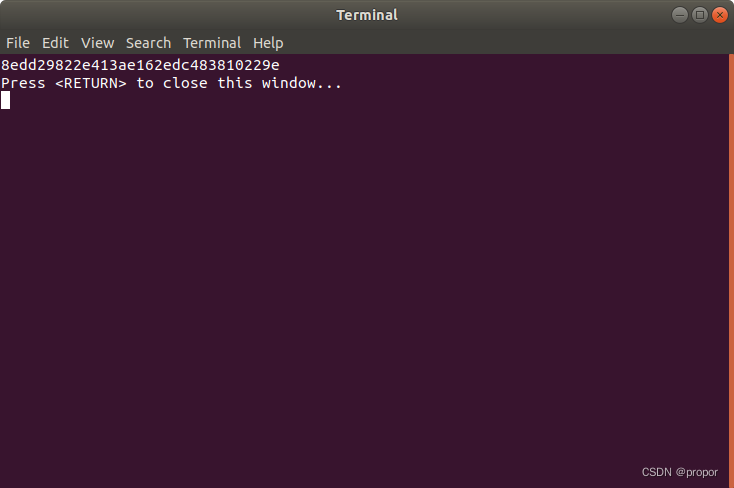
注意:
MD5散列后的位数有两种类型:16位与32位(按16进制表示),默认使用32位。16位实际上是从32位字符串中取中间的第9位到第24位的部分。
总结,本文介绍了MD5源码(C语言描述)。





